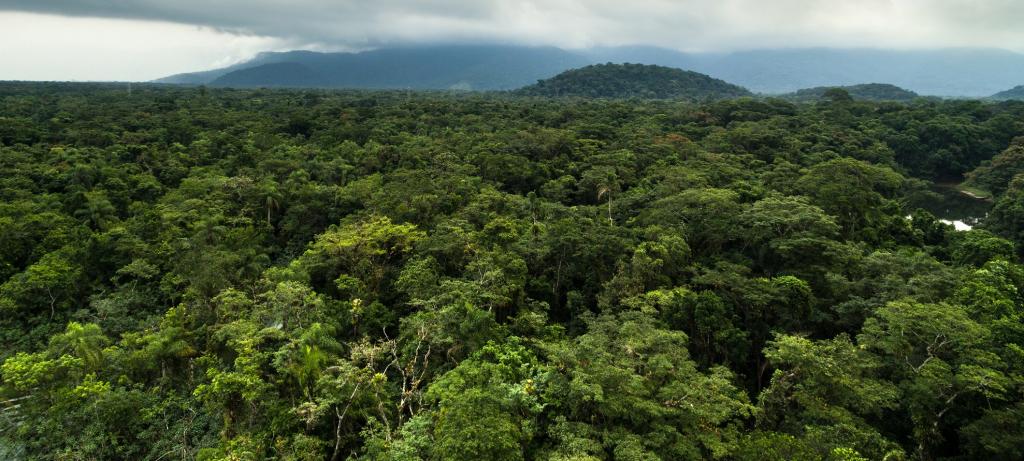The relationship between the environment and economic growth is well documented globally. First, the environment provides resoul0rces to the economy and acts as a sink for emissions and waste. Second, natural resources are essential inputs for production in many sectors. Whereas these are known facts, environmental degradation in Uganda is a worrying trend. It is characterized by increased frequency and severity of extreme weather events such as floods and mudslides due to erratic rainfall.
In addition, prolonged drought in the northern and northeastern parts of the country is a reality. This is largely on account of the deterioration of Uganda’s forest cover, increased accumulation of greenhouse gasses that has escalated global warming resulting into erratic and extreme weather conditions that is collectively termed as climate change.
According to Bank of Uganda’s State of the Economy Report (December 2022), despite other factors such as Covid-19 and the Russia-Ukraine war that have had devastating effects on various economic activities in Uganda, hostile climatic conditions are a cardinal factor that significantly influences Uganda’s economy.
Why forest cover?
Uganda’s forest cover has been on the declining trend in the past two decades. According to Global Forest Watch, between 2000 and 2020 Uganda lost over 23% of its tree cover in both natural and planted forests and an average of 20.8 metric tons (mt) of greenhouse gas emissions in the atmosphere annually. In total, 438 mt of carbon dioxide was emitted in the same period.
Tree cover loss in Uganda is mainly attributed to rapid population growth and the need for land for settlement and agriculture, urbanisation, industrialisation and the increased demand for solid biomass for fuel. The Uganda National Household Survey (2019/2020) shows that 73% and 21% of households in Uganda use firewood and charcoal for cooking, respectively. Combined, biomass fuel (charcoal and firewood) constitute the main fuel for cooking in 94% of households in Uganda.
Forest cover loss has exposed Uganda to a number of hazards which have had significant impacts on the economy. According to World Bank statistics on climate change, floods impact nearly 50,000 people and cause the loss of over $62 million in GDP. According to Red Cross Uganda, the recent floods that hit the country in late April and early May 2023 displaced at least 13,000 people and caused 18 deaths. Various infrastructures like roads, bridges and electric transmission lines were destroyed in districts like Kisoro, Kabale, Kasese, Katakwi, Kanungu, Wakiso and, more recently, washed away part of the Kampala-Masaka road straddling the Katonga River.
It is against this background that all stakeholders must play an active role in restoring the tree cover and protecting the existing forests in Uganda. Government needs to come up with a comprehensive approach to reversing this trend. Policymakers, planners and private sector stakeholders all need to take environmental concerns more seriously and direct policy towards promoting the “green economy” we all dream about.
The whole-society approach involving everyone to protect the environment needs to be implemented. Institutions like schools, religious bodies, industries and government land should be used to restore tree cover. At individual level, people should adopt the practice of planting trees to commemorate their special days such as birthdays, introduction ceremonies or weddings. Through this, trees will be planted and the environment conserved.
The Uganda government should implement policies directed towards the conservation and development of forest resources with forest plantation as a key driver of forest restoration. This can be done by ensuring proper planning of urban settings with proper tree cover and management, as well as ensuring that industries take action to plant trees as a pollution control measure to reduce the impact of greenhouse gas emissions. This will promote a clean and healthy environment which is resilient to climate variability and change to improve the quality of life and protect against the natural hazards in the long run. Turning a deaf ear to the call for tree cover restoration and environmental conservation will only ensure that Uganda’s economy continues to thrive.
By

